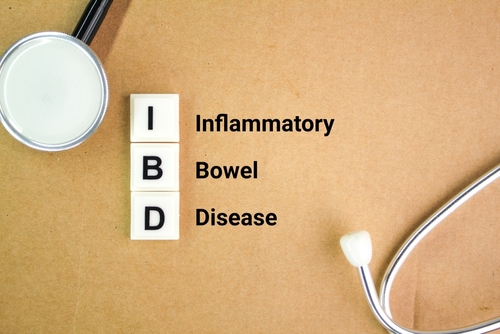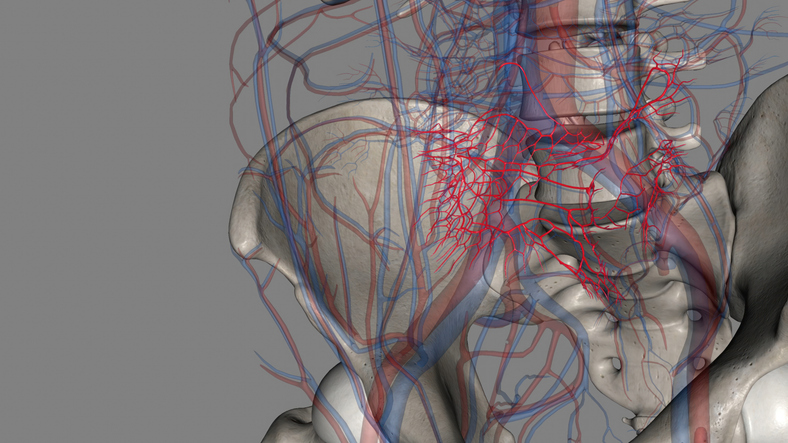
A new survey over 2,200 people with inflammatory bowel disease (IBD) released by the Crohn’s & Colitis Foundation showed that over 40% of IBD patients have had to make significant financial sacrifices to afford their health care. Notably, the survey uncovered that 30% of respondents reported foregoing vacations or making major household purchases, 22% increased their credit card debt, and 21% cut back on essential items such as food, clothing, or basic household items.
This survey aimed to analyze access to care for patients with IBD, which comprises of both Crohn disease and ulcerative colitis, and impacts around 1 in 100 Americans. The survey was developed in conjunction with Mathematica and a stakeholder group consisting of medical advisors, caregivers, and patients with IBD. Among patients prescribed IBD medications, the survey found:
- The majority of IBD patients (63%) faced financial barriers related to obtaining medications, resulting in treatment non-adherence. Consequently, 66% experienced adverse health events.
- More than half (56%) faced medication access barriers due to insurance problems.
- Approximately a quarter (25%) faced step therapy or fail -first mandates forcing them to try and fail on other medications before getting their prescribed treatment.
- Patients who live low-income neighborhoods were more likely to experience poor health outcomes when subjected to step therapy compared to patients who were not.
“These findings underscore the urgent need to address healthcare disparities in IBD care,” said Michael Osso, President & CEO of the Crohn’s & Colitis Foundation via a press release. “Despite our progress in IBD research and treatment options, many patients still struggle to access the care they need without facing undue burden. Our survey findings highlight the critical need for reforms to ensure that IBD patients can access the medications they need without undue financial hardship.”







 © 2025 Mashup Media, LLC, a Formedics Property. All Rights Reserved.
© 2025 Mashup Media, LLC, a Formedics Property. All Rights Reserved.